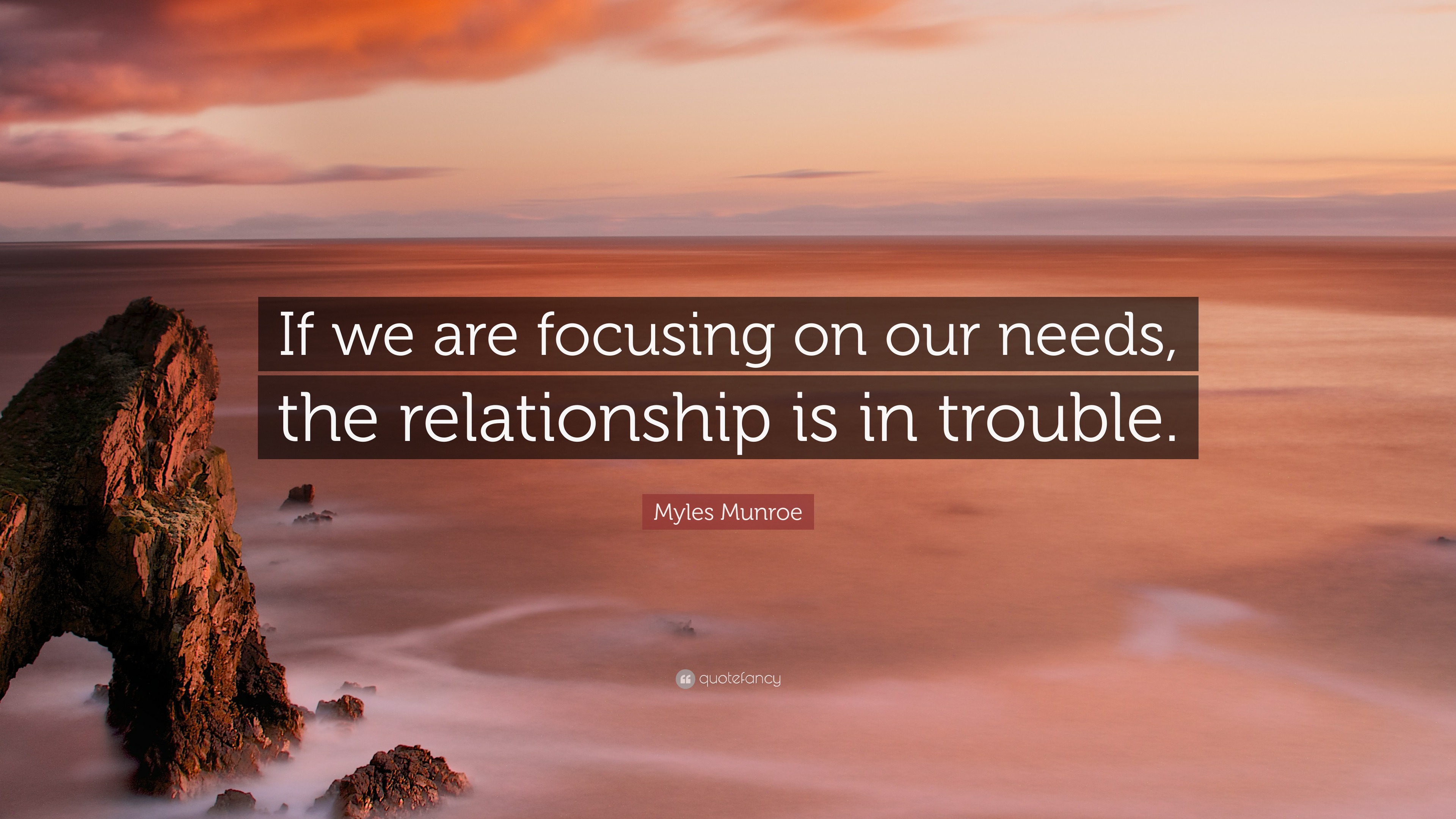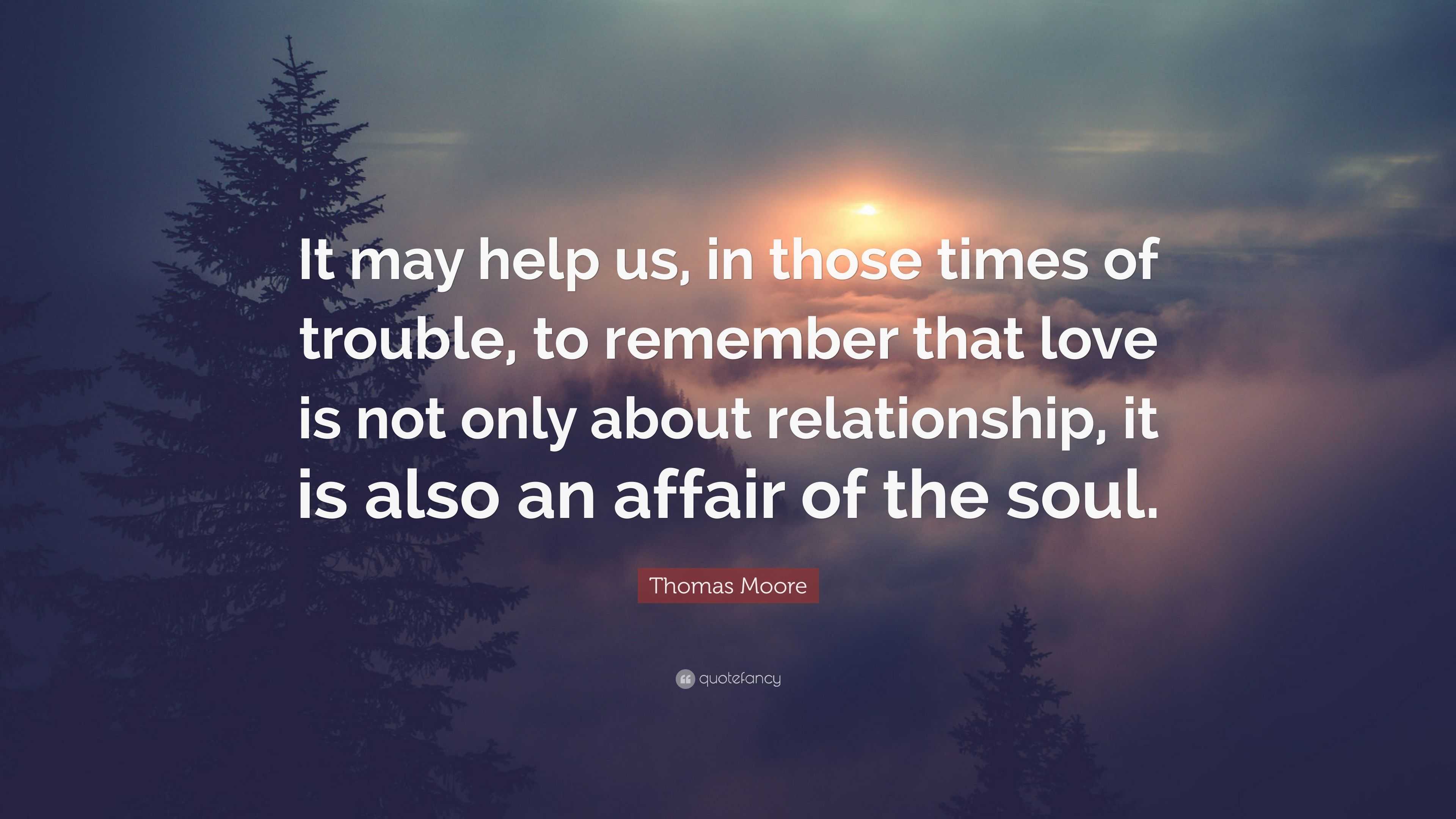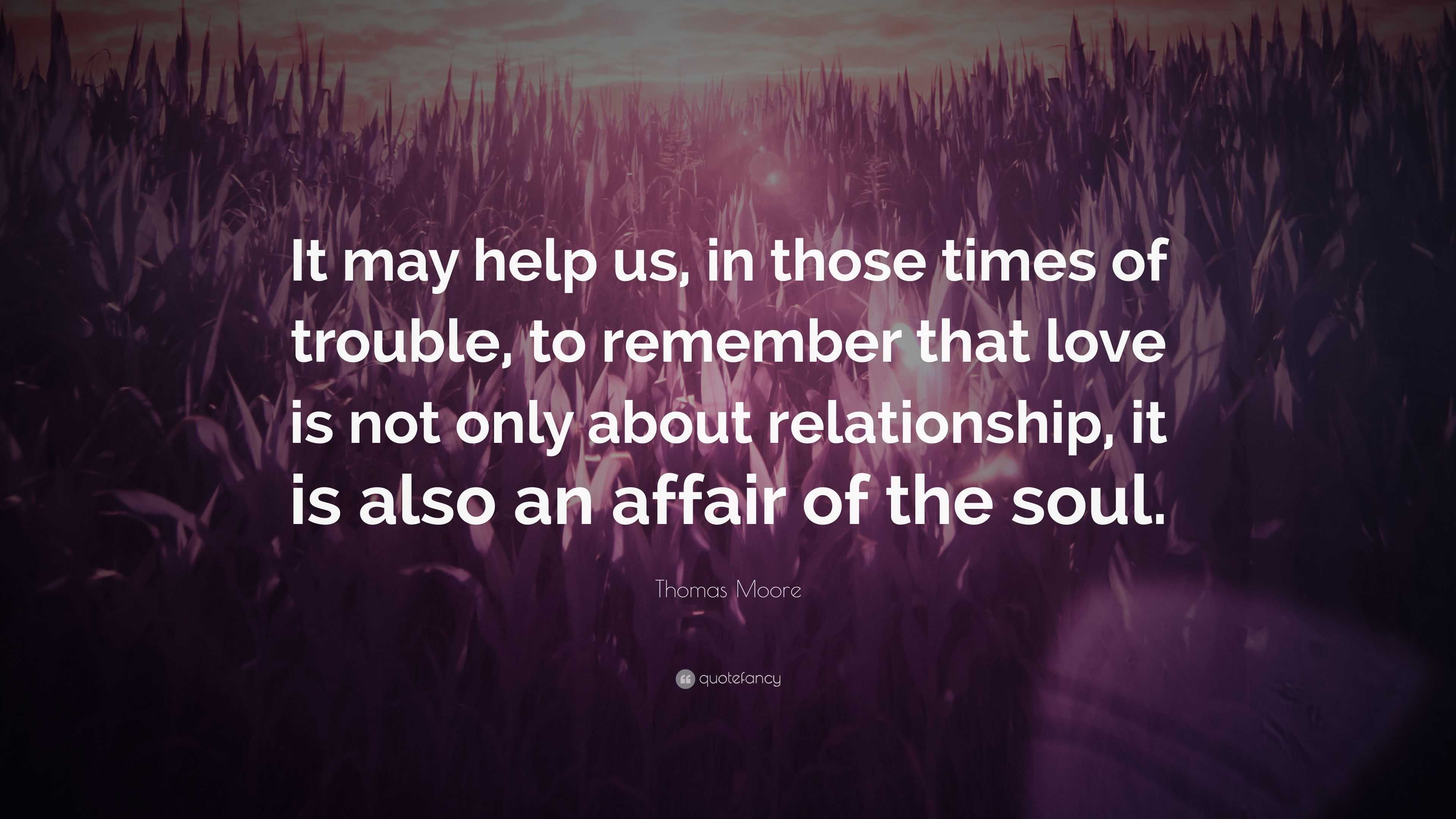Understanding Relationship Troubles Quotes: Finding Your Way Through Difficult Connections
Sometimes, life feels like a puzzle with so many pieces to fit together, and our connections with others are a big part of that picture. When things get bumpy in these connections, whether it is with a close friend, a family member, or someone we love very much, it can feel quite heavy. People often look for words that capture what they are feeling, or perhaps a bit of wisdom from someone else who has been through similar struggles. That is where relationship troubles quotes come into play, offering little bits of insight or a sense of shared experience when things are not going so well.
These short phrases, you know, they can really hit home. They put words to feelings that are hard to describe, like the frustration of a misunderstanding or the quiet ache of distance growing between two people. For many, reading a quote that perfectly mirrors their own situation can bring a sense of comfort, a feeling that they are not alone in their struggles. It is almost like someone else is saying, "Yes, I get it, this is tough."
So, we will explore some of these thoughts and feelings about relationship troubles, looking at how words can help us make sense of our connections. We will also touch on how important it is to deal with these bumps in the road, because, as a matter of fact, ignoring them can lead to bigger problems down the line, affecting even our well-being. This discussion is for anyone who has ever felt a bit lost in their relationships and is seeking some clarity or a path forward.
Table of Contents
- What Are Relationship Troubles and Why Do They Matter?
- The Power of Words: Relationship Troubles Quotes as Mirrors
- Common Reasons for Relationship Challenges
- Finding Your Way Through the Rough Patches
- The Long View of Relationships
What Are Relationship Troubles and Why Do They Matter?
A relationship, by its very definition, is the state of being related or connected to another person. This can be a very broad idea, you know, covering everything from a casual acquaintance to a deep, lifelong bond. We experience so many types of relationships in our lives, and it is pretty clear that some of these will be positive, bringing us joy and support, while others might be negative, causing us stress or sadness. Every single connection is different, that is for sure, but they all share a common thread: they need care and attention to thrive.
When we talk about relationship troubles, we are really talking about those moments or periods when the connection feels strained, difficult, or just not right. It is not just about big fights; it can be small, daily things that chip away at the bond. For instance, a comment in my text mentioned someone getting upset with a woman's brother and causing a big scene at work. That kind of action, you see, can certainly cause significant trouble in a relationship, showing a lack of respect or control that can hurt others involved. Such actions can lead to a feeling of being out of line, which is a common sentiment when relationships are not going well. These kinds of stressful interpersonal connections, actually, may lead to health problems, like heart issues, so it is quite important to deal with them.
The importance of social ties and human connection has been highlighted so much recently, especially after times when we were all a bit isolated. When these ties fray, it affects us deeply. Recognizing when a relationship is showing signs of trouble is the first step. You do not have to wait until things are completely broken before working to strengthen your union. Understanding these relationship stages can empower you to take action, whether that is to protect what you have, to repair what is damaged, or, if it is truly necessary, to detach from a connection that is no longer serving you well. Think about where you are now in your relationships, and consider what steps you might take.
The Power of Words: Relationship Troubles Quotes as Mirrors
People often turn to relationship troubles quotes because these little bits of language can act like a mirror, reflecting their own feelings and experiences. When you are feeling isolated by a problem, reading a quote that speaks to that exact emotion can be incredibly validating. It is like finding a voice for something you could not quite express yourself. For example, if you are struggling with a partner who seems distant, a quote about emotional space might make you feel seen and less alone. These quotes, you know, are not magic fixes, but they are a pretty good starting point for reflection.
Sometimes, a quote can even offer a new perspective. It might put a common problem in a different light, perhaps helping you to see the situation from another angle. Like the idea of putting yourself in someone else's shoes, which was mentioned in my text regarding a difficult situation. A quote might encourage that same kind of empathy, prompting you to consider what the other person might be going through. This shift in perspective, that, is often the first step toward finding a path to mend things or to understand why they are broken.
These quotes can also be a quiet call to action. They might inspire you to communicate more openly, or to think about how you treat one another in your relationships. In every connection, whether it is romantic, platonic, familial, intimate, or sexual, it is very important to consider how we treat one another. A quote about respect or honesty, for instance, could serve as a gentle reminder to uphold those values even when things are tough. They are, in a way, little prompts for self-improvement and relationship building.
Common Reasons for Relationship Challenges
Relationships, like anything else in life, have their ups and downs. It is just a part of how things go, you know. While every connection is unique, there are some pretty common threads that often lead to trouble. Recognizing these patterns can be helpful, as it allows us to address the root causes rather than just the surface-level disagreements. Understanding what typically causes strain can help us to be more prepared and, perhaps, to avoid some of the deeper issues before they take hold. So, let us look at some of the frequent culprits.
Misunderstandings and Communication Gaps
One of the biggest sources of friction in any relationship is a breakdown in communication. It is not just about talking, but about truly hearing and being heard. Sometimes, people say one thing, but mean another, or their words are interpreted in a way they did not intend. This can lead to a lot of frustration. For instance, my text mentioned how someone tried to meet women outside of work and ask friends to set them up, but found that despite these efforts, the majority of Indian women seemed to want nothing to do with Black men. This kind of experience, you see, highlights a communication gap or a perceived barrier, where intentions and outcomes do not align, leading to a sense of rejection or misunderstanding about what is happening.
When communication falters, small issues can grow into big ones. Unspoken resentments can build up, creating a wall between people. It is very important to practice fair fighting and to learn how to express needs and feelings clearly and kindly. Worksheets for couples therapy often cover topics like communication and conflict resolution, which is a pretty good sign that these are common areas needing attention. Learning to really listen, and to speak your truth without blame, is a powerful tool for keeping relationships healthy, you know.
Unmet Expectations and Differing Paths
People often enter relationships with certain ideas about how things should be, or what the other person will be like. When these expectations are not met, it can lead to disappointment and tension. Sometimes, as people grow, they might also grow in different directions, which is a natural part of life. Their goals, values, or interests might shift, and suddenly, they find themselves on somewhat different paths. This can be a source of sadness, as the connection that once felt so strong now feels a bit stretched.
For example, you might have a shared vision for the future at one point, but then one person's career takes them far away, or their priorities change. This can make a relationship feel like it is pulling apart, even if there is still affection. Recognizing that people change, and that expectations need to be discussed and adjusted over time, is a key part of maintaining a healthy connection. It is about understanding that life has so many parts to it, so many pieces of the puzzle to fit together, and sometimes those pieces just do not align as they once did.
Stress from Outside Sources
Relationships do not exist in a bubble; they are constantly influenced by what is happening around us. Stress from work, financial worries, family pressures, or even big global events can put a significant strain on our connections. When one or both people are feeling overwhelmed by outside pressures, they might have less emotional energy to give to the relationship, or they might become more irritable or withdrawn. This is something that can happen to anyone, you know, and it is pretty common.
My text mentioned someone's wife receiving a Facebook post about seminars, which, while not directly about stress, points to how outside influences and information can enter a relationship's space. These external factors can become sources of discussion, or even disagreement, if not handled well. When outside stress is high, it is very important for partners to support each other and to recognize that some behaviors might be a reaction to external pressure rather than a direct issue with the relationship itself. Learning to cope with stress together, or at least to give each other space and understanding during tough times, can make a big difference.
Finding Your Way Through the Rough Patches
When relationship troubles arise, it can feel like a really big challenge, almost overwhelming sometimes. But the good news is that there are often ways to work through these difficulties, or at least to understand them better. It is not always easy, of course, and it takes effort from everyone involved, but many relationships can come out stronger on the other side. Thinking about where you are now, and what steps you can take, is a very good start. So, let us explore some practical approaches that can help you move forward.
Practicing Empathy and Seeing Things Differently
One of the most powerful tools for resolving conflict and easing tension is empathy. This means trying to understand the situation from the other person's point of view, even if you do not agree with it. My text made a point about "put yourself in his shoes" when discussing a difficult interaction, and that is exactly what empathy is all about. It is about imagining what it might be like to be them, to feel what they feel, and to see things through their eyes. This does not mean you have to excuse their behavior, but it can help you to understand the motivations behind it, which is pretty important.
When you practice empathy, you open up a path for connection and understanding. It can soften your own stance and make the other person feel seen and acknowledged, which is a core need in any healthy relationship. This shift in perspective can change the entire dynamic of a disagreement, turning it from a battle into a conversation. It is a simple idea, really, but it has a very big impact on how we treat one another.
Open and Honest Conversations
Once you have a better sense of empathy, the next step is often to have those sometimes difficult, but very necessary, conversations. This means talking openly about what is bothering you, what your needs are, and what you are feeling. It also means listening, truly listening, to the other person without interrupting or planning your rebuttal. Worksheets for couples therapy often focus on communication skills for a good reason, you know, because they are so vital.
These conversations are about sharing your inner world and creating a space where both people feel safe to express themselves. It is not about winning an argument; it is about finding a shared path forward. Sometimes, it is as simple as saying, "I feel hurt when..." instead of "You always do..." This kind of clear, "I" statement can help to prevent defensiveness and encourage a more productive exchange. Remember, you want to feel truly seen and acknowledged in your relationship, and that starts with honest talk.
Seeking Outside Help When Needed
Sometimes, despite our best efforts, relationships can get stuck in patterns that are hard to break on our own. This is where seeking help from a neutral third party, like a therapist or counselor, can be incredibly beneficial. They can provide tools and strategies for fair fighting, communication, and conflict resolution that you might not have considered. It is not a sign of failure to ask for help; rather, it is a sign of strength and a commitment to making the relationship better.
Marital education programs that teach skills such as good communication and problem-solving are also available, and they can be a proactive way to strengthen your union before things get too tough. It is about getting a fresh perspective and learning new ways to interact. Just like the idea of attending seminars for personal growth, seeking professional help for your relationship can equip you with the skills to keep your connection healthy and fulfilling. There are, actually, many resources out there, and finding the right one can make all the difference.
The Long View of Relationships
Relationships, you know, are living things; they grow and change over time, and they will almost certainly face various challenges. It is a natural part of being connected to other people. The key is not to avoid all troubles, because that is pretty much impossible, but rather to develop the skills and the mindset to work through them when they appear. This means being willing to communicate, to empathize, and to put in the effort required to keep the connection strong.
Just like understanding the meaning of relationship, which is about being related or interrelated, it is also about understanding that some relationships will be positive and some might be negative. The goal is to build more of the positive ones and to address the negative ones in a healthy way. You do not have to wait until a relationship shows clear signs of trouble before working to strengthen your union; proactive steps are always a good idea. Consider how you treat one another in every kind of relationship, whether it is romantic, platonic, familial, intimate, or sexual. This is a continuous process, a bit like fitting together the many pieces of life's puzzle.
Being ready for a healthy, lasting love means being prepared to deal with the bumps along the way. It means asking yourself if you feel truly seen and acknowledged, and if not, taking steps to address that. Remember, the importance of social ties and human connection is a big lesson from recent times. For more insights on building stronger connections, you can learn more about relationship dynamics on our site. Also, for practical tools to improve how you communicate, you might want to link to this page our communication tips.
Frequently Asked Questions About Relationship Troubles
What are some common signs of relationship troubles?
Common signs of relationship troubles often include a lack of communication, frequent arguments about small things, a feeling of growing distance, or a general sense of unhappiness when you are together. You might also notice a decrease in shared activities, or a reluctance to spend time with each other, which is pretty common.
How can I talk to my partner about relationship issues without causing a bigger fight?
To talk about issues without making things worse, it is often helpful to use "I" statements to express your feelings, like "I feel sad when..." instead of "You always make me feel...". Choose a calm time and place, and focus on listening to their perspective as well. It is about understanding, you know, not blaming.
When should I consider seeking professional help for relationship troubles?
It is a good idea to seek professional help, like couples therapy, when you feel stuck, or when your usual ways of solving problems are not working anymore. If arguments become very frequent, or if there is a lot of negativity, or if you just feel like you are not making progress on your own, then it is probably time to get some outside support, which can be very helpful.

Myles Munroe Quote: “If we are focusing on our needs, the relationship

Thomas Moore Quote: “It may help us, in those times of trouble, to

Thomas Moore Quote: “It may help us, in those times of trouble, to